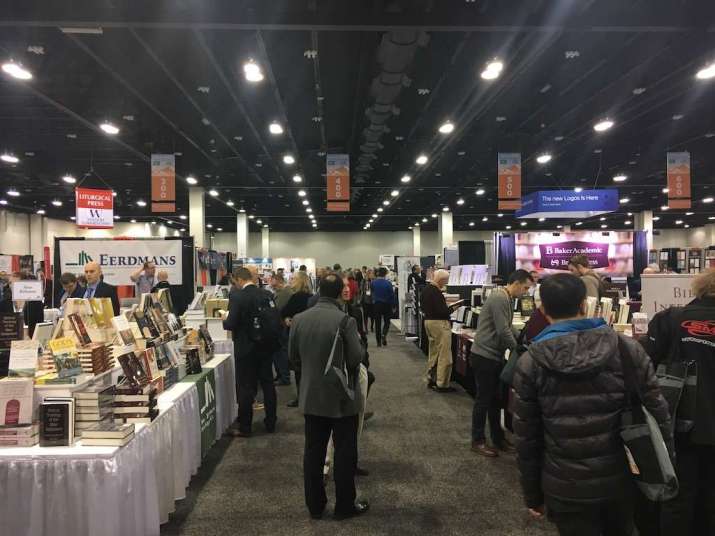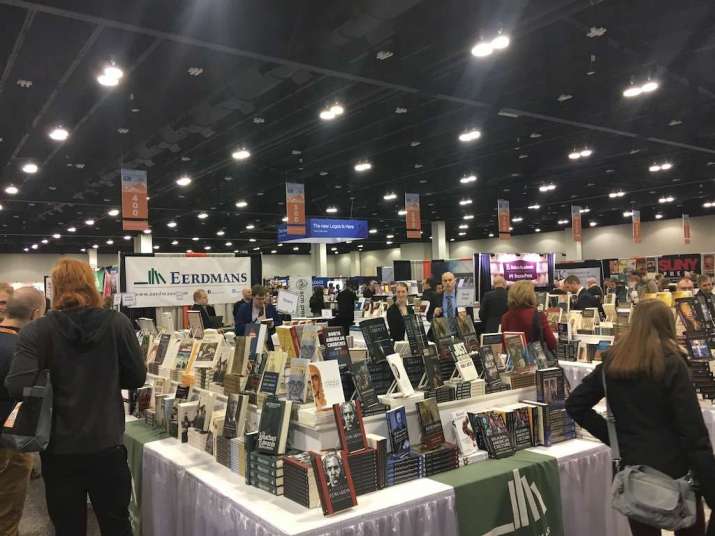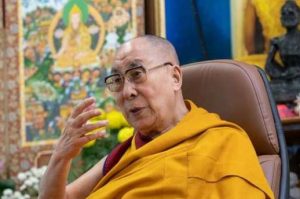
Stereotypes are satisfying. Especially when it comes to some groups that we happily separate ourselves from and treat as “them.” Politicians often qualify in this regard. Rare is it indeed that we are willing to give “them” the time of day.
Another group that often bears the brunt of smug disapproval is “scholars.” In the current political climate, scholars are often on the receiving end of nasty rhetoric. They are described as arrogant, self-important, and detached. As a scholar, I have been the target of such assumptions on more than one occasion. To be honest, sometimes I deserve it. Sometimes, I make such generalizations myself.
But the truth is much more nuanced than any stereotype can possibly cover. Although it is true that some scholars are guilty of being self-important, arrogant, and detached, I suspect some of these qualities can also be found among bankers, lawyers, spiritual advisors, and yoga practitioners, to list just a few. I doubt scholars have an exclusive hold on any of these descriptors.
These descriptors also aim for the lowest possible truths. Scholarship may include a grab for status (and all the ugly habits that come with it), but that is scholarship at its worst. What is scholarship at its best? I think that is a much more interesting question.
I recently attended the annual meeting of the American Academy of Religion. It is a monstrous affair, with 10,000 scholars from all over the globe convening in an impersonal convention center lined with dozens of identical meeting rooms. There is very little intimacy, a lot of posturing, and so much rushing around as everyone tries to find the site of their next meeting, session, or interview. It is overwhelming and exhausting.

And yet. . . what I cannot help but feel inspired by, each time I attend this annual meeting, is that there are 10,000 of us. 10,000 scholars in religion from all over the world. Although one might feel dwarfed by the immensity of it all, my response time and time again is to feel inspired. When there are 10,000 of us, it means that there are 10,000 ways to be part of this field. There are 10,000 versions of scholarship, 10,000 ways to engage. 10,000 details to spend a lifetime to studying. It means that there are at least 10,000 other people who want to spend their professional lives learning more about religion. 10,000 people like me.
Scholars may get a bad reputation at times, but in my books, scholarship is a professional (and usually a life-long) commitment to thinking. Scholars dedicate their time, energy, and money to expanding their own horizons, asking questions, and bending their imaginations in a perpetual quest to see something more than what is available on the surface. Scholars are creatures dedicated to the next question—seekers who will never be satisfied with an answer, because one answer is never enough.
Scholars are also writers and teachers, practicing and eventually fine-tuning a variety of means by which they might share their spirit of inquiry with others. In this way, scholars contribute to the world and participate in the shaping of human civilization. Scholars may at times make grabs for (small potato) power, but what drives most of us most of the time is a quest to learn, to understand, and to share. This is scholarship’s most treasured motivation. To imagine otherwise is not to understand it at all.
The most extraordinary part of the American Academy of Religion’s annual meeting is the exhibit hall. Each year, publishers from all over North America swoop into the Convention Center and set up booths with all the new books they want to showcase in the field of religious studies.

Nothing overwhelms quite like this book exhibit. Thousands of books line the tables, almost all recent publications. A reminder if ever there was one that scholarship does not rest, but that it is dedicated to expanding. There are so many books to read, so many more on their way, so much to learn. A meeting like this reminds every one of us of that.
No matter how big we might think we have become, the book exhibit is a wonderful reminder that we are still just starting to understand bits and pieces of how religion works. We know a tiny bit about a tiny nook of the field we have devoted ourselves to. But the world is so much bigger than any of us can even wrap our minds around. Walking through the exhibit hall with thousands of others who are just like me, and yet who are deeply individual at the same time, is the best cure for boredom. The best antidote to smugness. It is the best reminder that there is still, and will always be, so much more to learn. We can try to make ourselves as big as the world allows us to be, but at the end of the day, to be a scholar is to remember that we are in fact very small. That we will always be small, because the possibilities are tremendous.
We really are living in a time of nationalism and burgeoning fascism. If we are to have any chance at surviving the wave of violent rhetoric we are currently being pummeled by, intellectualism must be protected. Inquiry must be cherished (and never punished). Our libraries, conference exhibit halls, and all places filled with books, must be loved.











